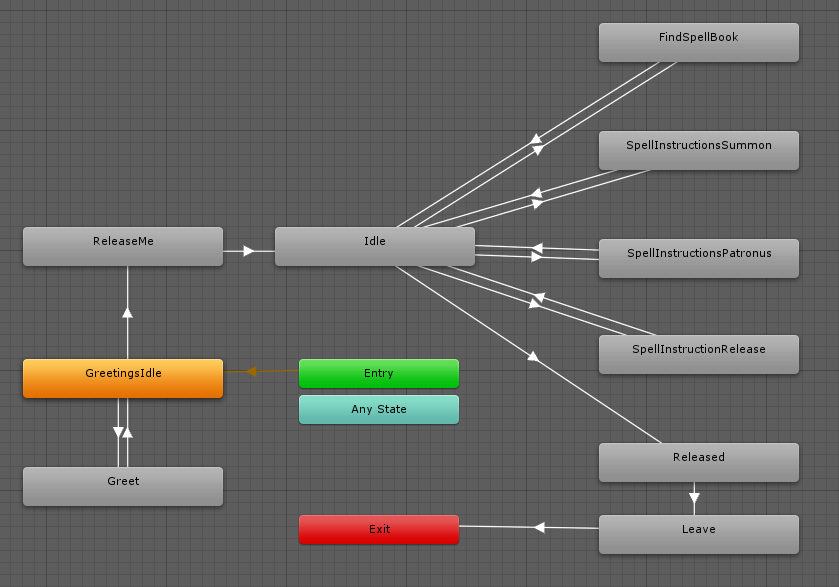I am making a story driven game right now, and I want to create a system that will allow me to code sequences easily without creating a mess from the project. What I mean by sequences is for something like a Scene, for example, since it's story driven, the player begin in a room, which then a character walk in, display a dialogue, then walks away, does a few things, a couple of sounds and effects are played, etc.
I was wondering how I could structure a system like that, that will allow me to have hundreds of this sequences without making a big mess of my project, also, these are going to be must like scripted, is it better to keep most of the scripts in a fewer class files or it's a good idea to spread them more? (to more class files)
I hope you can understand exactly what I meant and thank you in advance.
(I am making this in C# in Unity but I am not looking for specific code, just theory how to construct such system effectively)


